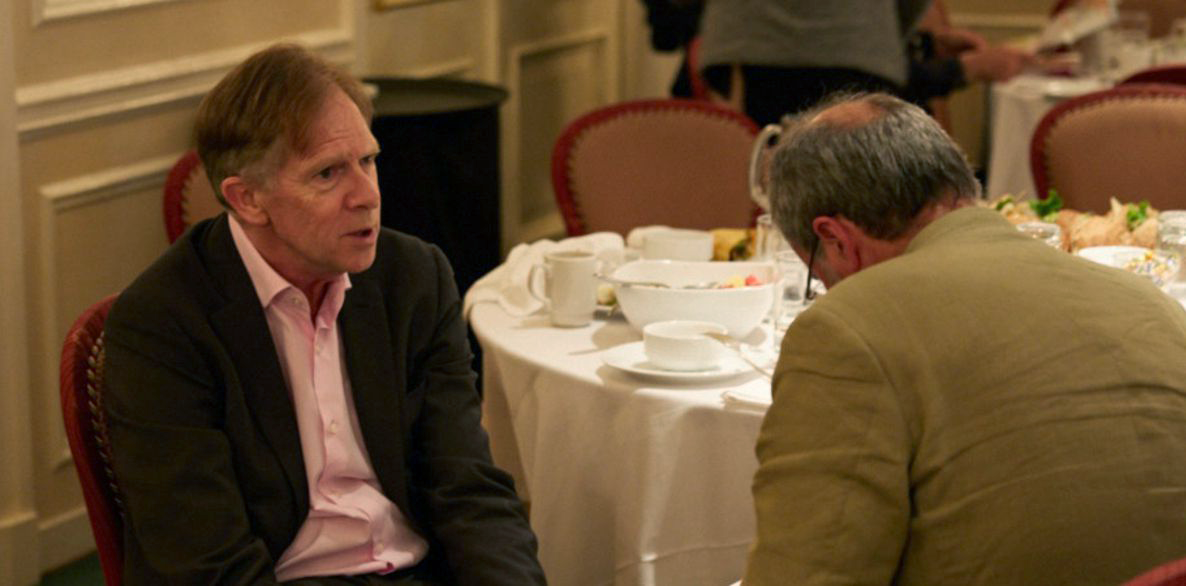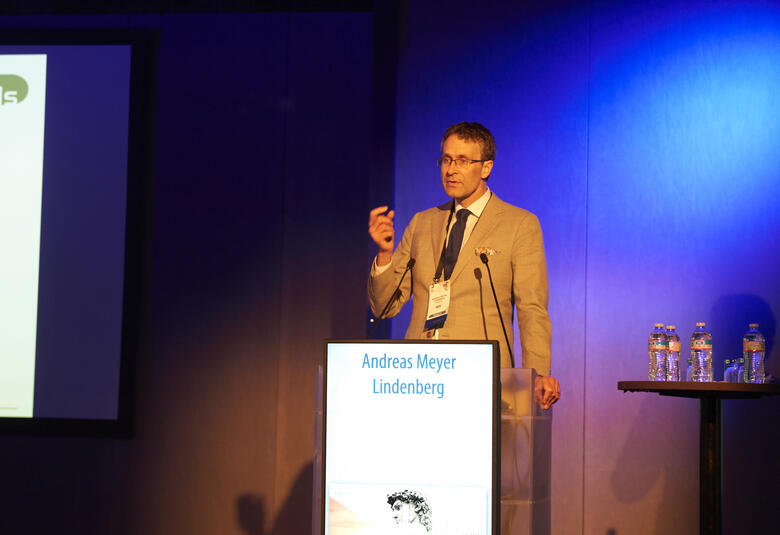
Challenges facing clinicians treating major depression
An interview with Professor Sidney Kennedy, of St Michael’s Hospital and the University of Toronto, Canada
Q: What are the most significant challenges facing clinicians treating major depression?
A: Picking the right treatment for the right patient. One that is well tolerated, targets the right symptoms and gets people back to optimal functioning.
To achieve that we have to rely mostly on the profile of symptoms themselves. In many patients we also have past experience of what worked and what didn’t to guide us. Then we have to have the confidence that patients will continue treatment. We will make them aware of possible side effects and hope they can be tolerated short-term.
Another point is that we have to be prepared to quickly evaluate areas of improvement, which means seeing the patient after two weeks and changing therapy if necessary.
Q: What are the most significant advances you have seen during your professional life?
A: Moving from the mind to the brain. Recognising the emotional circuitry that is impaired – functionally and structurally – particularly in recurrent or resistant depression. I have been very involved in deep brain stimulation, which has a specific rationale based on imaging. We are still involved in a randomised controlled trial. But the technique must be performed by someone with great experience: it is difficult to roll out from one specialist centre to fifteen. And we probably need to look for improvements at six months to a year, rather than at six to eight weeks, as with a drug trial.
Q: What proportion of your patients achieve remission, and how do you define it?
A: In a specialised clinic, you will get around 50%. But that may take trial two, three or even four drugs and combination with a psychotherapy. We still define remission using rating scales but the next level is to use a measure of return to normal functioning.
The views and opinions expressed on this page do not necessarily reflect those of Lundbeck.


